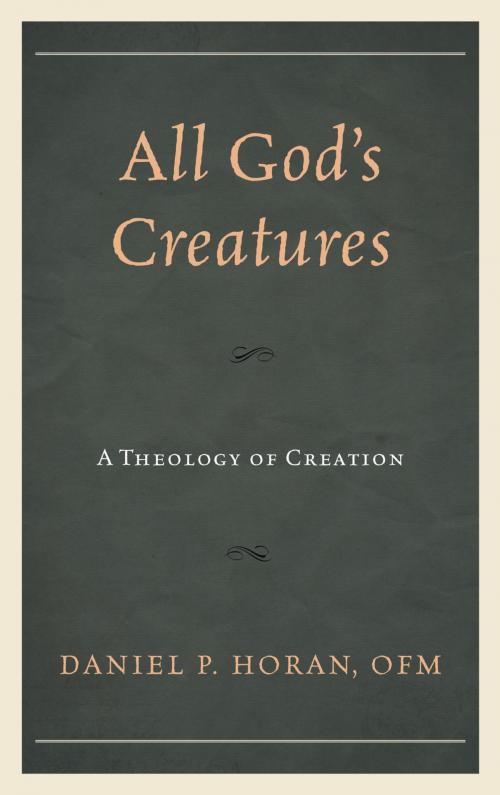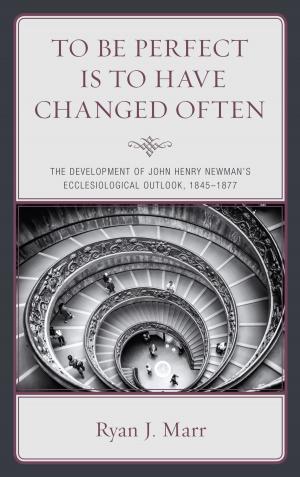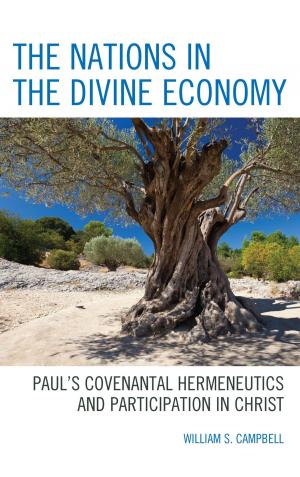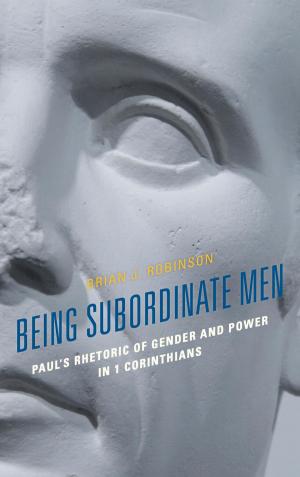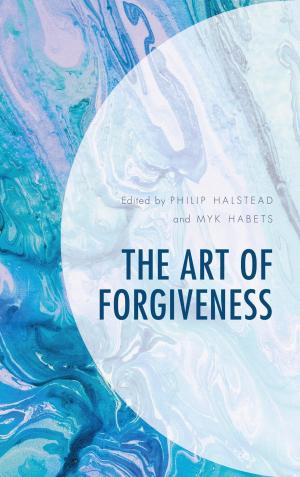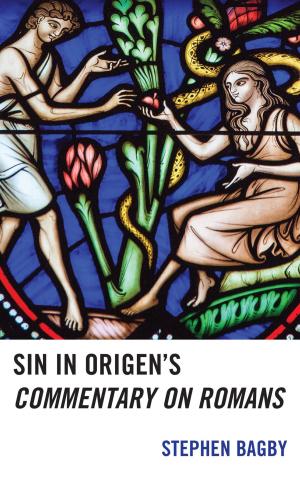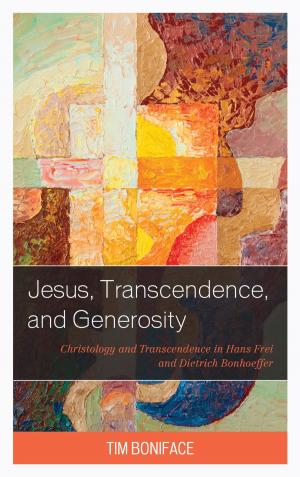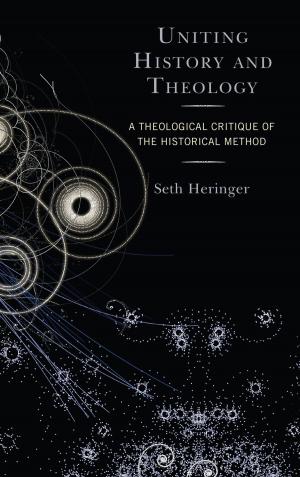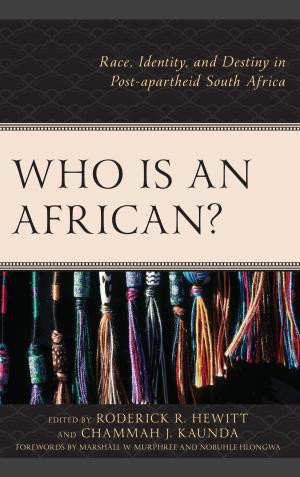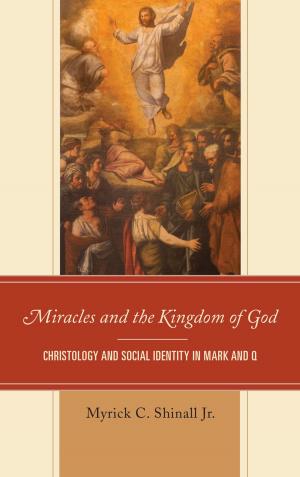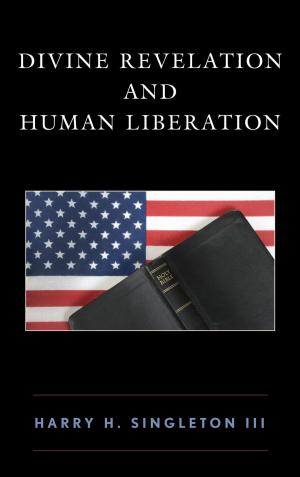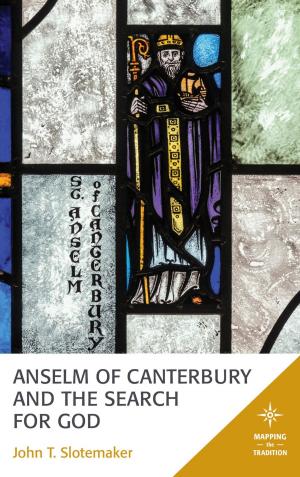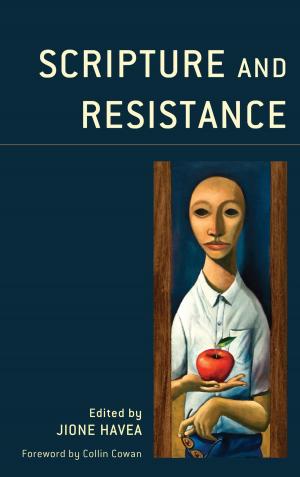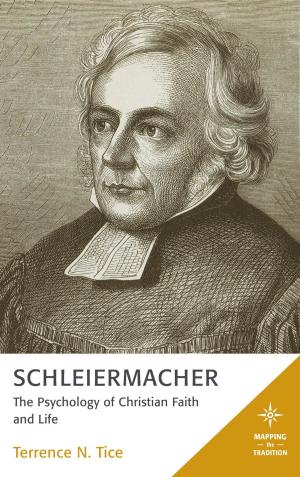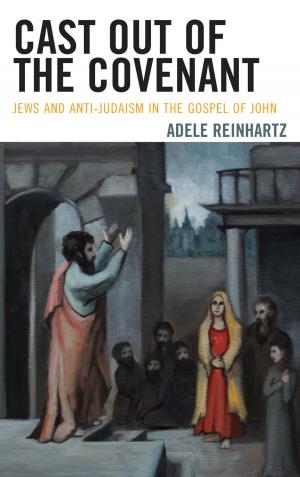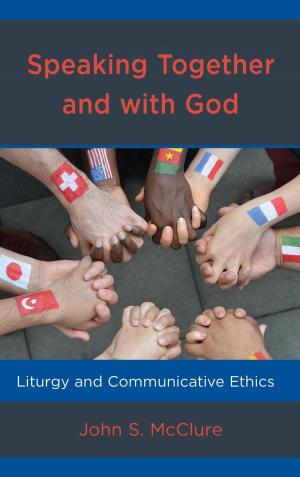| Author: | Daniel P. Horan | ISBN: | 9781978701540 |
| Publisher: | Fortress Academic | Publication: | March 29, 2018 |
| Imprint: | Fortress Academic | Language: | English |
| Author: | Daniel P. Horan |
| ISBN: | 9781978701540 |
| Publisher: | Fortress Academic |
| Publication: | March 29, 2018 |
| Imprint: | Fortress Academic |
| Language: | English |
The predominant “stewardship model” of creation is the result of an intentional effort to correct approaches that reinforce human sovereignty and the resulting environmental degradation. However, as All God’s Creatures argues, the stewardship model actually does not offer a correction but rather reinscribes many of the very same pitfalls. After close analysis of the stewardship model, this book identifies scriptural, theological, and philosophical sources to support the adoption of a “community of creation” paradigm. Drawing on postcolonial theory, this book proposes the concept of “planetarity” as a framework for conceiving the relationship between human and nonhuman creation, and the Creator, in a new way. This theoretical framework is grounded by a retrieval of the medieval Franciscan theological and philosophical tradition. The result is what can be called a postcolonial Franciscan theology of creation imagined in terms of planetarity, providing a constructive and nonanthropocentric response to the need for a new conceptualization of the doctrine of creation.
The predominant “stewardship model” of creation is the result of an intentional effort to correct approaches that reinforce human sovereignty and the resulting environmental degradation. However, as All God’s Creatures argues, the stewardship model actually does not offer a correction but rather reinscribes many of the very same pitfalls. After close analysis of the stewardship model, this book identifies scriptural, theological, and philosophical sources to support the adoption of a “community of creation” paradigm. Drawing on postcolonial theory, this book proposes the concept of “planetarity” as a framework for conceiving the relationship between human and nonhuman creation, and the Creator, in a new way. This theoretical framework is grounded by a retrieval of the medieval Franciscan theological and philosophical tradition. The result is what can be called a postcolonial Franciscan theology of creation imagined in terms of planetarity, providing a constructive and nonanthropocentric response to the need for a new conceptualization of the doctrine of creation.
